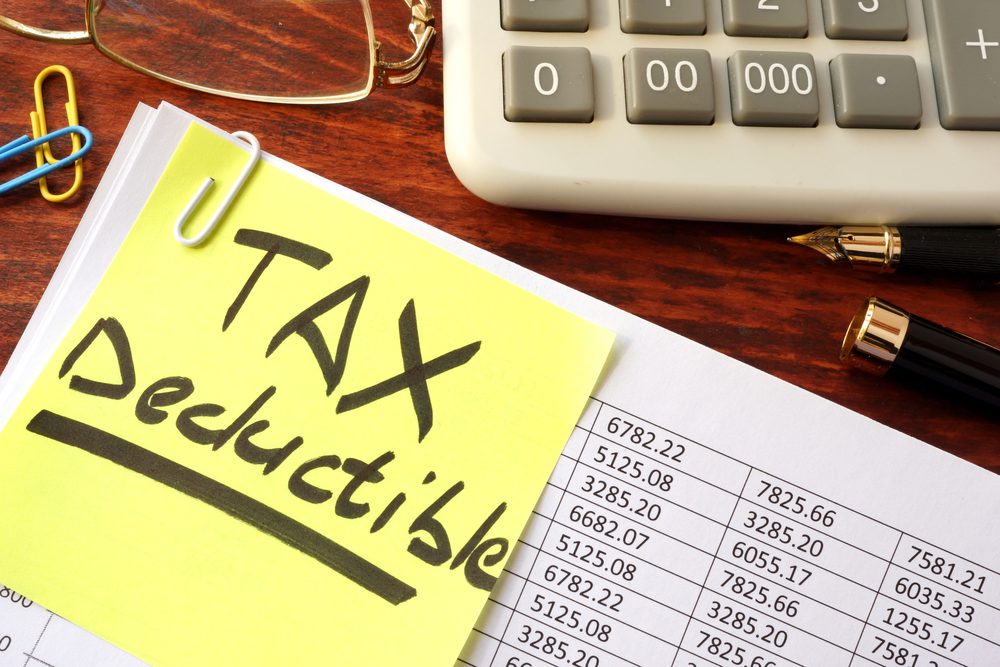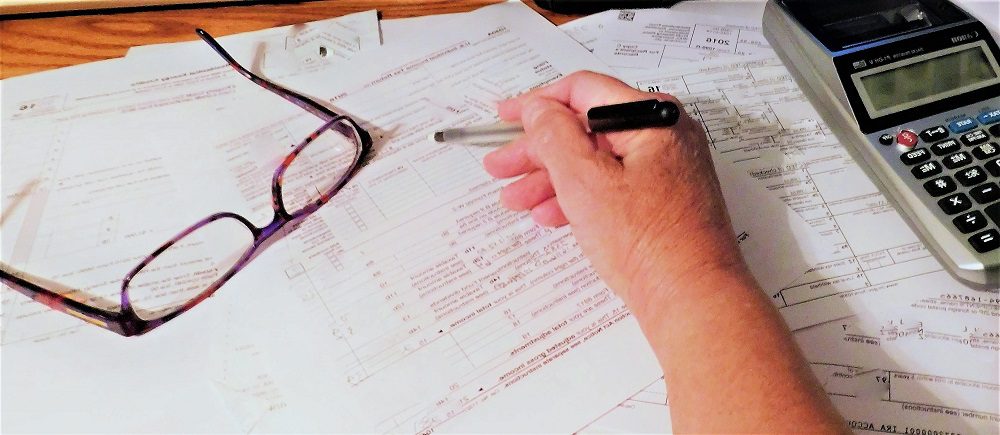Do not let tax refunds catch you off guard!
Let’s say you are already doing great when it comes to filing your taxes (and we tip our hats to you if that is the case), but you’re still unsure about tax refunds. There are a lot of things that can go wrong when you file for that one, and there’s still that horrible moment when you get a letter back saying you do not qualify for one.
The first step is to make sure you know your taxes well (even if that means using some of the books that sound a bit weird), and then get the hang of tax refunds and tax returns. It is pretty confusing at times, but we will make sure you get the best information.
We’ve gathered everything you need to know in an easy-to-digest article, from understanding the difference between the two terms to how you can get one and suggestions on what you could do with the money you get back! Maybe you just want to brush up on your knowledge, and we are sure you will find something informational here.
Are you ready for the next tax season?

What exactly is a tax return?
The two words are so similar that it is no surprise that even after all these years, people still end up confusing them despite them being completely different.
The tax return form is what you are supposed to file annually, in which you detail everything related to your income, expenses, other tax-adjacent information, and any investments you may have made during the last year. All the information that you have provided through this form is what will determine if you qualify to receive a tax refund or not.
Generally speaking, every taxpayer should be filing the federal tax return form (Form 1040) that is associated with the Internal Revenue Service and a separate tax form that is different for the state level.
Alongside these two, you may have to file other forms, such as the ones detailing how much you are earning if you are employed and how much you have paid in taxes already through the said job (W-2), the form calculating your tax liability (1099-MISC), and another one which details any dividends you have been entitled to from any sort of investment (1099-DIV). All of them are pretty standard, and if one does not apply to you, you have no reason to file it.
After all of the forms have been analyzed and calculations have been made, the tax agency will decide if you qualify for a refund or not and the amount you will receive.
Who are the people who qualify for a tax refund?
Not everyone who has filed their tax return actually qualifies for getting a refund; this only happens when you have both filed the tax return forms and have ended up overpaying on taxes during the course of the year. According to historical data, a lot of households (if not almost all of them) have not only qualified for such a chargeback, but some are actually looking forward to receiving it and even counting on the money they are entitled to with the refund.
Yet, you should take into consideration that there is an element of control that you can exercise over this refund if you actually end up receiving it in the end. A lot of experts have talked about how they have clients that do not like getting the refund, while others are very happy to see a larger amount.
Despite a lot of people acknowledging that they could have used that money over the year (for various investments), a lot of them also say they actually enjoy knowing they have a little savings account in the form of these refunds from the state. Others actually do not enjoy this approach and love to keep their calculation tight and almost close to zero, seeing it as a game. In the end, it’s a matter of personal preference.

Can you know in advance if you qualify for one?
In a way, you can predict this, but you also need to be really good with money and have done your taxes almost perfectly. Generally, you will get a tax refund if you have paid more in taxes, be it at a federal or state level, and this puts you over your real tax liability. This is the reason why you will see a check signed by the government arriving at your address for the amount you paid extra (which can be substantial or not, depending on how good the calculations have been).
If you don’t want to pay someone to help you with your taxes so you can predict the appearance of such a check, you can use a tax estimator only, which can help you prepare for both ends: be it that you should expect a refund or that you have to pay more than you already did when Tax Day rolls around. In any case, you should be cautious not to trust any tax estimators found online and instead use one that has positive reviews or is recommended by someone you know.
Can you increase the amount that you get back?
When looking back at the 2020 fiscal year, on December 3rd, the Internal Revenue Service (IRS) announced that the average sum that was issued back as a refund was $2,546. While this sum may not seem like a really big one when you take into consideration the fact that from the 163 million returns, about 125 million of them were eligible for a refund, it adds up to be quite impressive money that people were given back.
One way in which you can reduce the amount of taxes you have to pay and thus add to the pool of money that you will see back is to add to your 401(k) and 403(k) retirement plans as much as you can. Those funds are not taxable, and you will be able to reduce your tax amount, thus raising the sum you will be getting back.
Other ways in which you can reduce your taxes are by exploring credit types that not many are aware of, claiming dependents on your tax bracket, and making charitable expenses which are seen as deductibles.
When should you expect it to arrive?
Despite what many think, the timeframe in which you can receive your refund is not actually arbitrary or something left at the end of the list. The IRS has informed taxpayers that they should receive the check (if they are eligible) within 21 days of filing their tax return form. You can even check the status of what is happening with the refund online on the IRS website (you will have to make an account if you don’t have one already).
However, you shouldn’t be counting on those 21 days to be kept up, no matter what. There are times when it can be delayed for a bunch of reasons (that may even be influenced by natural disasters or general delays), along with possible issues with processing your forms. If you want to make sure you are getting the check as fast as possible, you can always sign up to receive the refund as a direct deposit and make sure your return has as few possible errors as possible!

Can you still qualify for one if you filed for an extension?
When you filed for an extension, you pushed away the date on when you should file your return papers. If you don’t owe any taxes, you don’t need to file for a return to begin with. And if you’re entitled to get a refund, the government is not going to run around trying to pester you to get it back: they will assume that is your job.
Even so, if you got an extension, then you should be expecting the refund to come in after you managed to file the tax papers, keeping the waiting period we mentioned previously and any delays that may happen. If in doubt, always check your online IRS account or contact them for more information.
Can you do anything you want with your tax refund?
While the general answer is yes, you should not fall prey to using that money to spoil yourself. After all, unless you are in some sort of financial hardship, you have not had access to those funds until they came back to you, and spending them all on things you do not need is not a good move. Experts in finance suggest you use them for things that are more practical than getting something new just for the sake of it, things that you would benefit from in the long run rather than get instant gratification from.
You could add those funds to your nest egg for retirement, make sure your emergency fund has enough or even more funds than before, or even be practical with it and pay off any credit card balances that loom over your head, other debts, or advanced payments for a mortgage.
There are a lot of ways in which you can make use of the money you have received that do not include spending them on a vacation. After all, if you’re in the position to ask yourself what you could use them for instead of having a definitive answer that needs dire financial attention, then you should choose the most sensible option.
And if you’re looking for more ways in which you can reduce the amount you owe to the state, read all about the legal ways in which you can do so!













